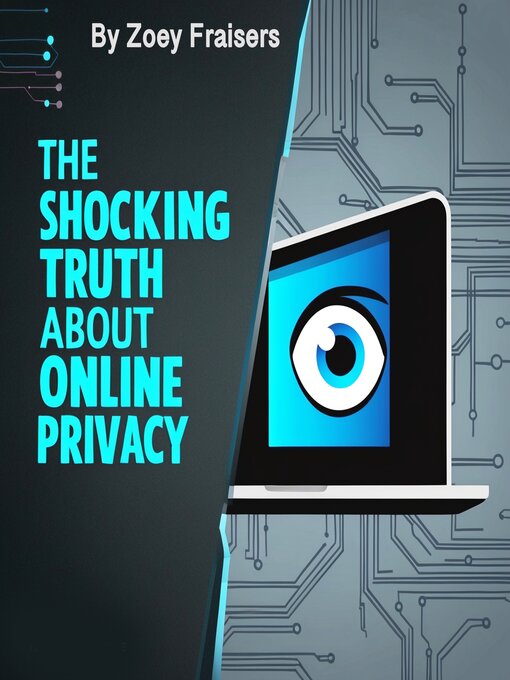In today's digital world, privacy is no longer a given—it's something we must actively fight to protect. Every time we browse the web, use social media, or make online purchases, we leave behind a trail of personal data. This data is collected, analyzed, and often sold without our knowledge. Many people believe that if they have "nothing to hide," they have nothing to worry about. However, this misconception ignores the real risks of online privacy erosion.
Companies, governments, and cybercriminals are constantly gathering information about individuals, using it for targeted advertising, surveillance, and even fraud. The websites you visit, the products you search for, and even the time you spend on a page are all tracked to create a detailed profile of who you are. This data is used to manipulate consumer behavior, influence political opinions, and, in some cases, restrict freedoms. Governments argue that surveillance is necessary for national security, but history has shown that mass data collection can lead to severe privacy violations and even oppression.
Beyond corporations and governments, cybercriminals exploit the vast amount of personal information available online. Data breaches have become more frequent, exposing millions of users to identity theft, fraud, and financial losses. Social engineering scams take advantage of publicly available data, making it easier for criminals to deceive and manipulate individuals. The more our private information is exposed, the more vulnerable we become to digital threats.
